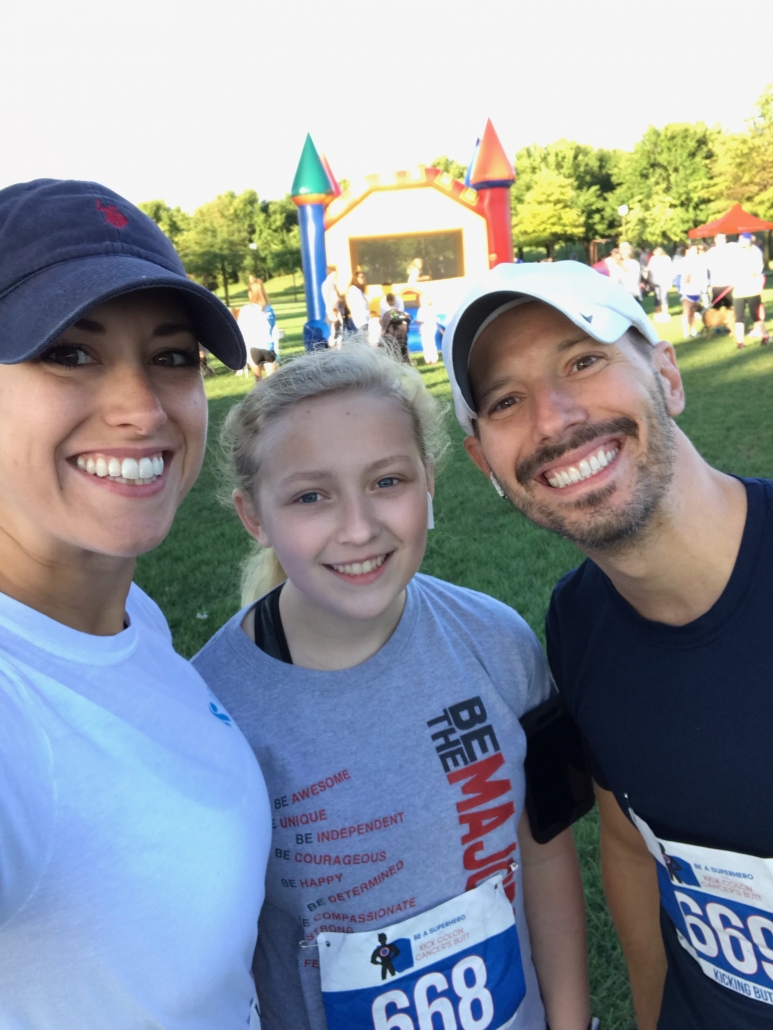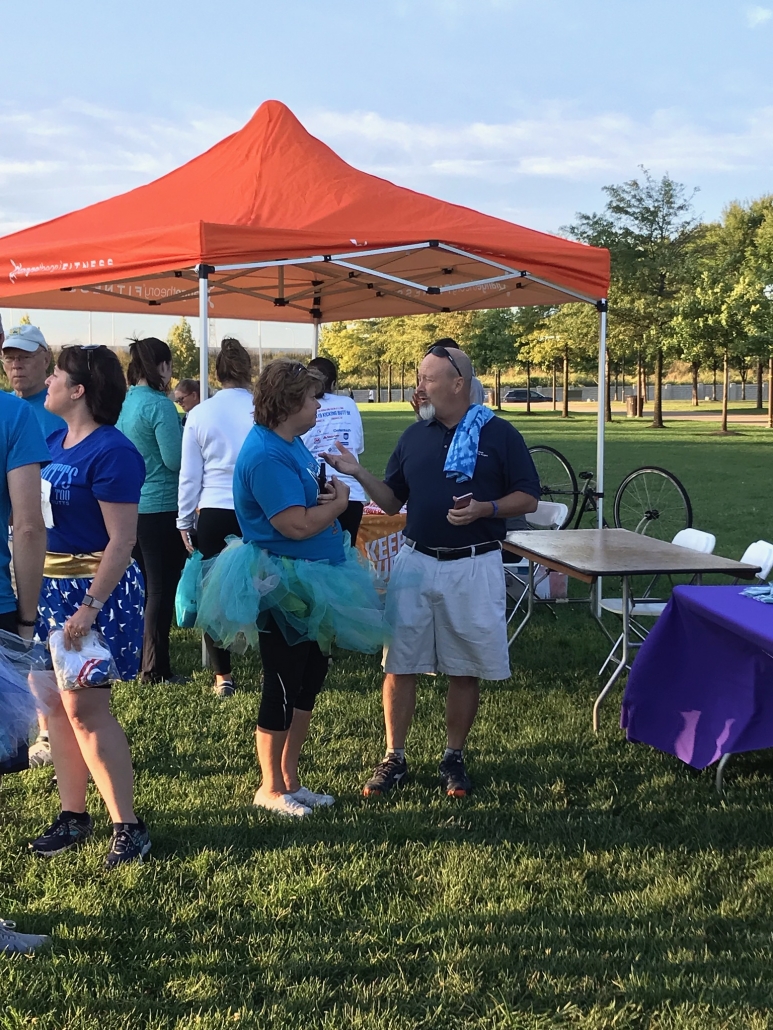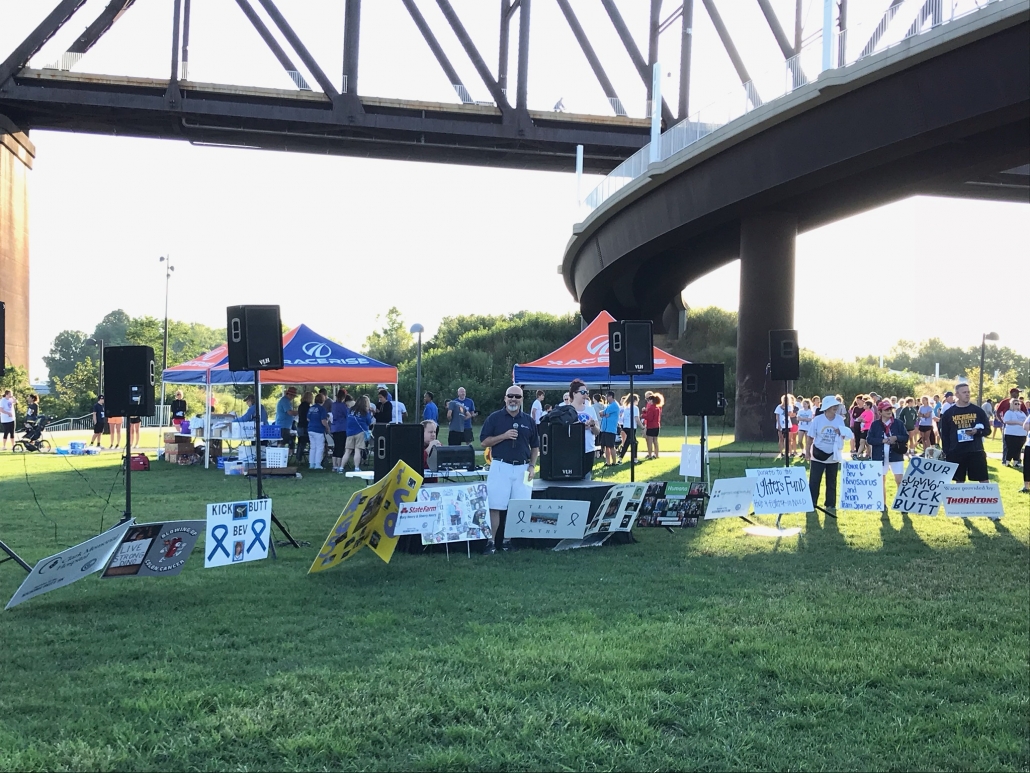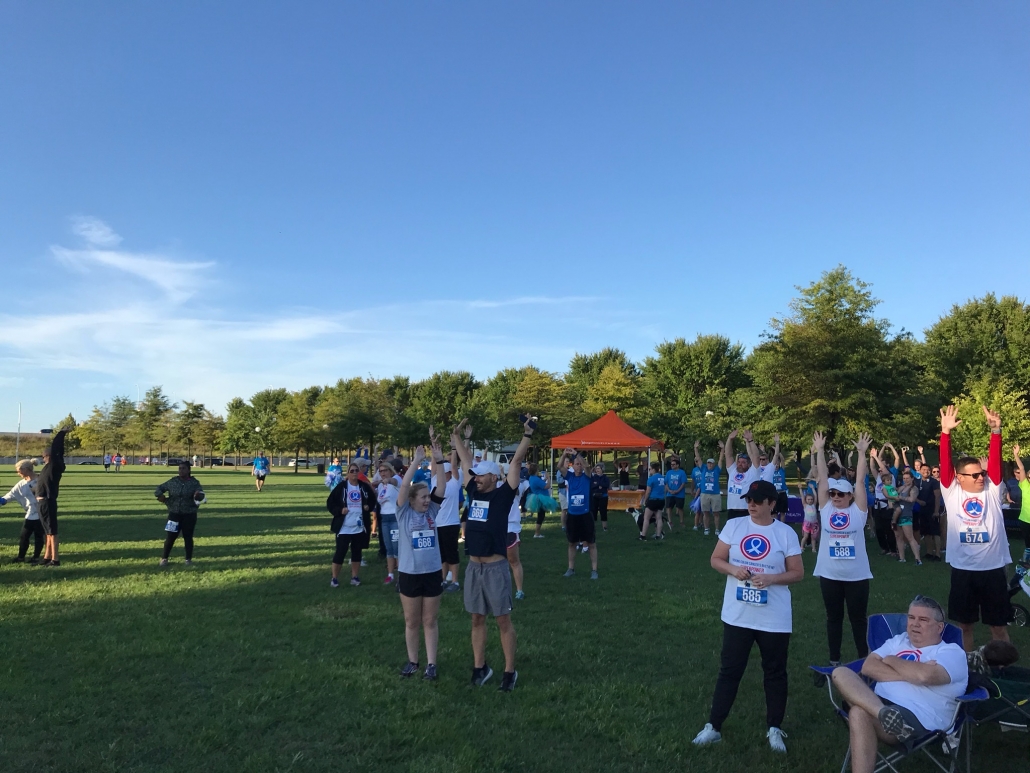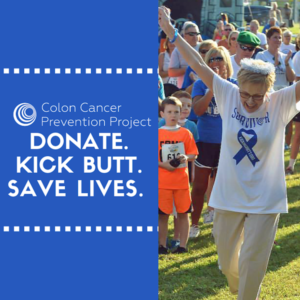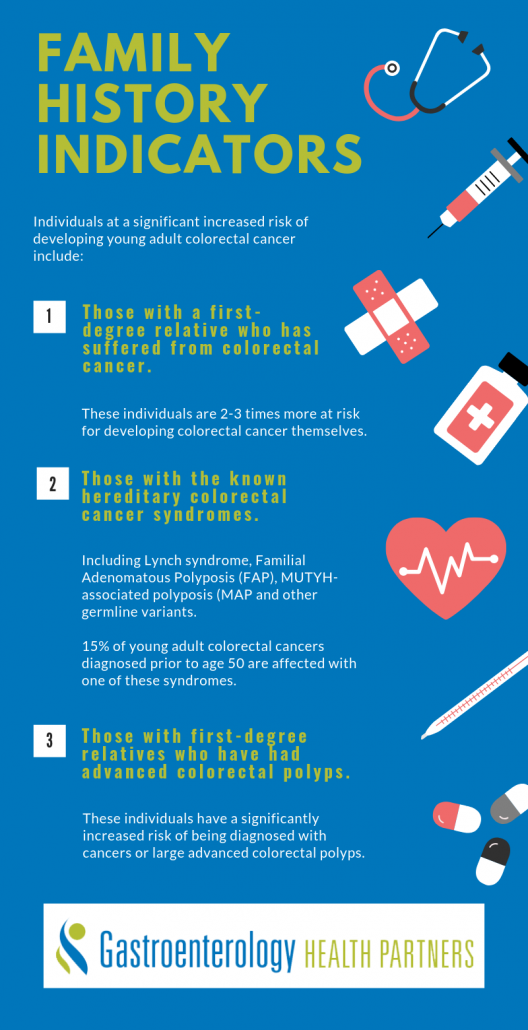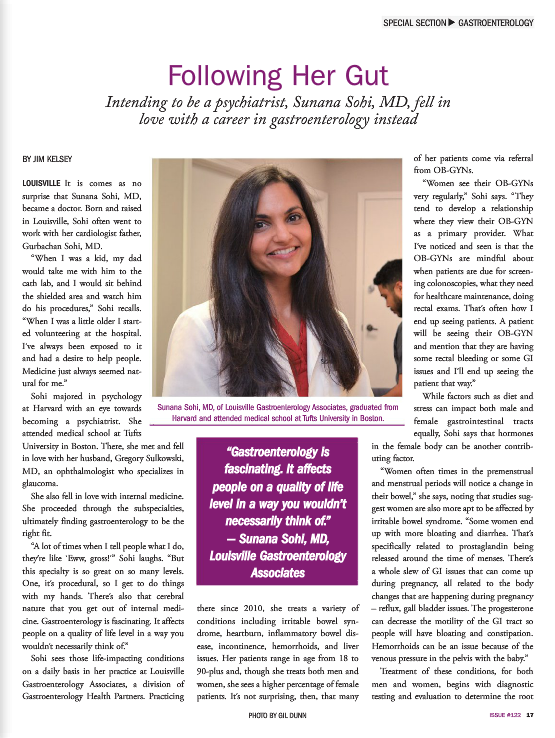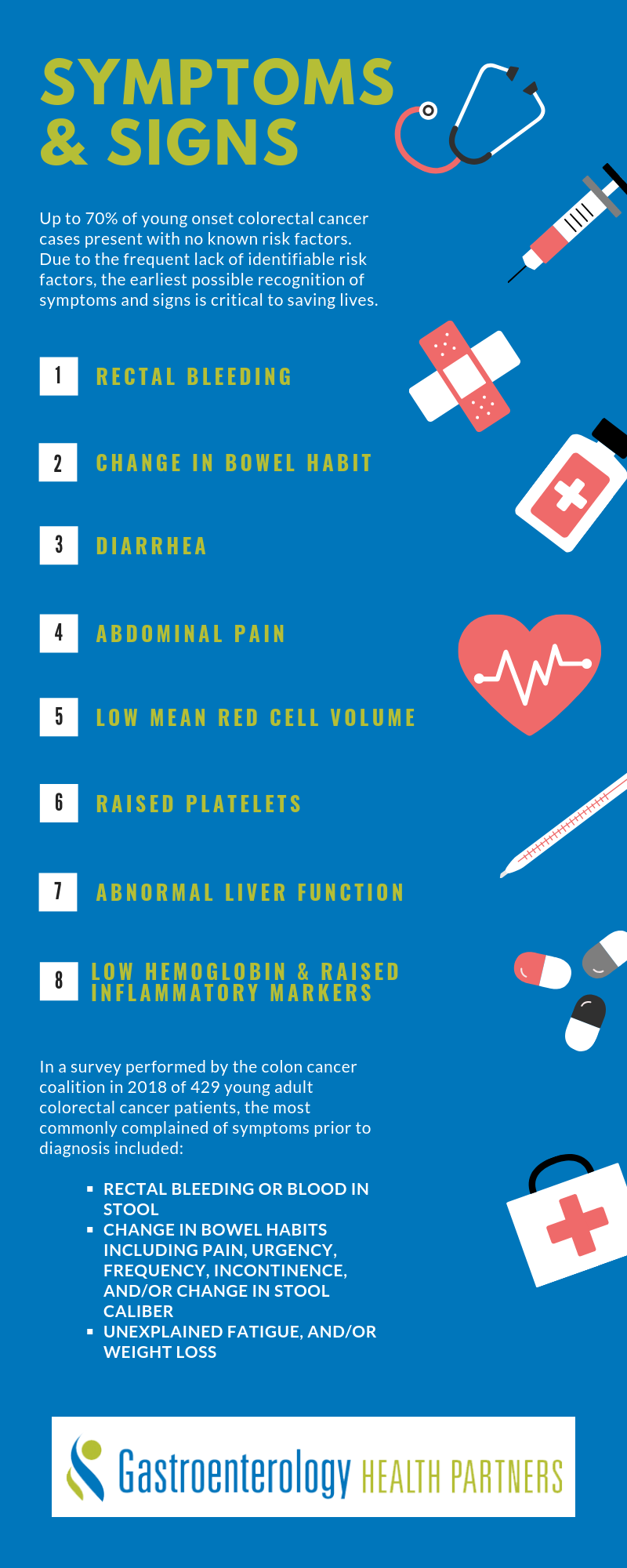Believe it or not, hemorrhoids are a common health concern. The condition affects 75% of people at some point in their lives. While home remedies or topical creams are popular go-to treatment options, they only provide temporary relief. It is typical for example, for a person to suffer from recurrent symptoms and fare-ups after the use of over the counter products. Many patients even avoid seeking further treatment due to fear, embarrassment or a general lack of awareness.
While there are a number of non-invasive methods for treating hemorrhoids, at Gastroenterology Health Partners, we believe in a patient-focused approach. Our clinical team of 21 fellowship-trained Gastroenterologists and 13 advanced practice clinicians are able to remove internal hemorrhoids in a comfortable environment by utilizing the most effective and proven method of hemorrhoid banding available.
What is Hemorrhoid Banding?
Hemorrhoid banding is a non-surgical, quick and painless treatment option. Also known as rubber band ligation, it works by treating the root of the hemorrhoid while eliminating any symptoms. As internal hemorrhoids are made up of swollen blood vessels inside the rectum, patients are often unaware that they have them until they present symptoms such as pain, itching or bleeding.
Our advanced non-surgical treatment option takes just under a minute to perform. It requires no sedation or pain medication, and is covered by most insurance plans. Most patients experience a low rate of hemorrhoid recurrence and return to work the same day as treatment.
How does it work?
A single use, gentle suction device places a specialized rubber band around the base of the hemorrhoid where there are no pain-sensitive nerve endings. This band effectively cuts off the blood flow to the hemorrhoid, immediately relieving symptoms. Within a few days, both the band and the hemorrhoid shrink and fall off on their own accord. Often without the patient even noticing.
This particular method of hemorrhoid banding is safer and less invasive than other more traditional banding procedures that utilize larger instruments, or require fasting and sedation before treatment. When using our hemorrhoid banding procedure, less than 1% of patients report complications compared to other rubber band ligation methods where complications can occur in 20-50% of patients.
The signs and symptoms of hemorrhoids are similar to other more serious conditions. Therefore, it’s important that one consults with their doctor before seeking treatment. If not caught early on, hemorrhoids can worsen over time. In order to best prevent hemorrhoids in the future, avoid straining during bowel movements. Drinking plenty of water, getting the correct amount of daily fiber and not sitting for prolonged periods are also recommended.
If you are experiencing some of the signs and symptoms of hemorrhoids, contact Gastroenterology Health Partners today. Each of our five locations in the Louisville, Lexington and Southern Indiana area offer expert specialization in gastrointestinal care. Just visit our website to schedule an appointment at the location most convenient to you.
